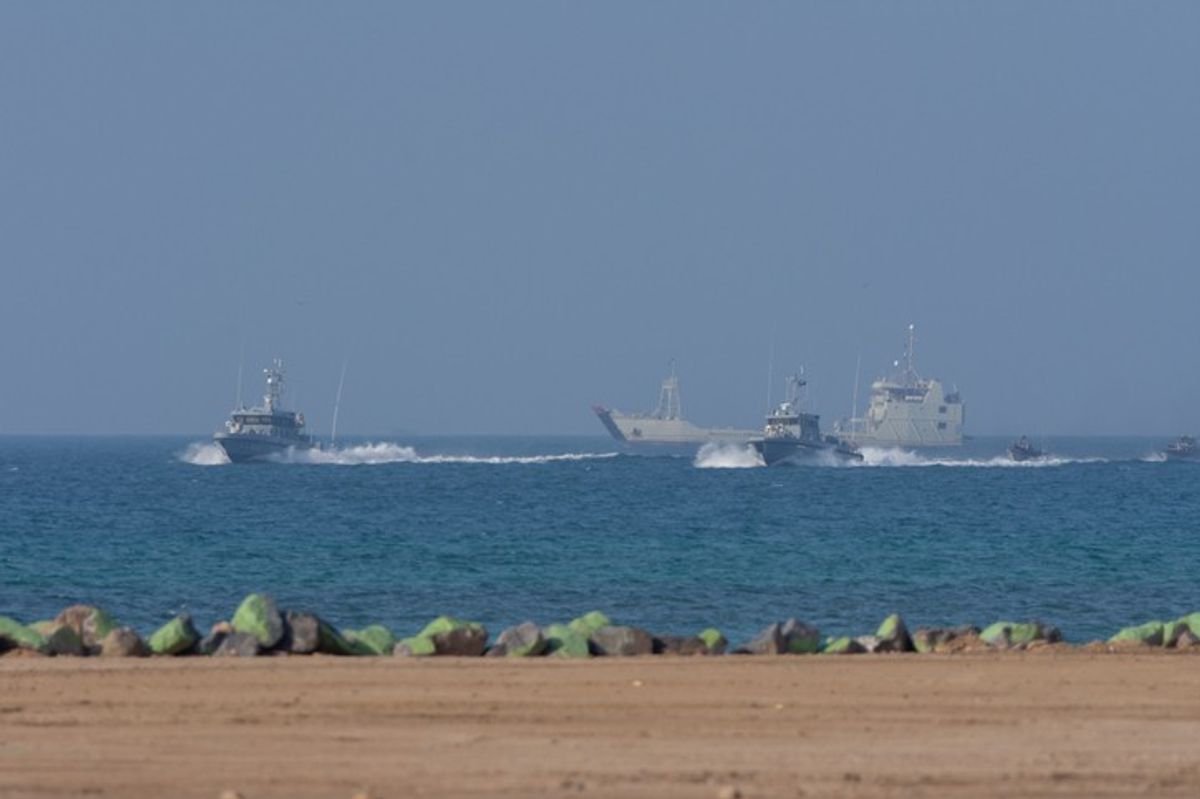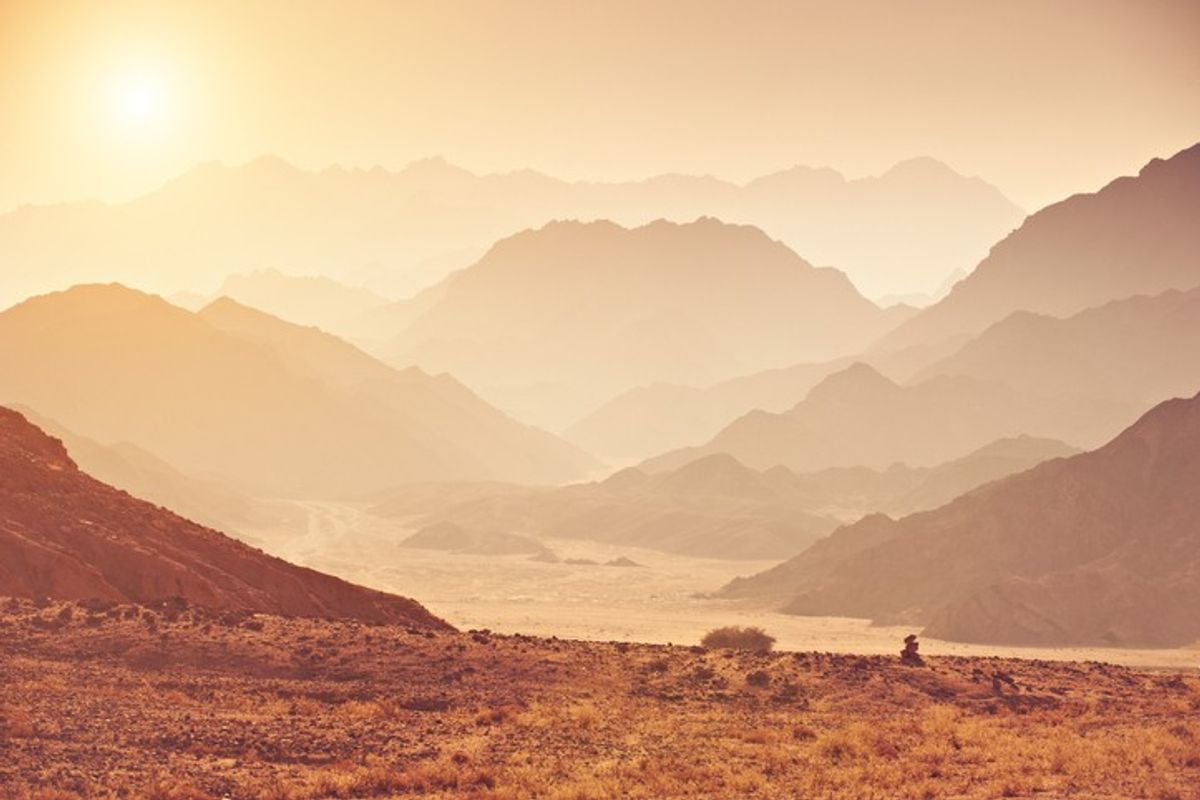The Cipher Brief spoke with Doug Brooks, the President Emeritus and Founder of the International Stability Operations Association (ISOA) to better understand the role of the private sector in embassy security. Created in 2001, ISOA created a Code of Conduct for private companies operating – and often providing security – in some of the most unstable and difficult environments worldwide.
The Cipher Brief: What role should the private sector play in providing diplomatic security? Has it changed since Benghazi?
Doug Brooks: The U.S. government has always used private security companies to some degree to provide diplomatic security. Typically, the initial guards that you need at an embassy will be local guards. They may be police or military, or a local police security company that has been hired to conduct the security. Marines are not technically supposed to be the diplomatic guards, they are supposed to guard the top-secret material. And then you have the higher-level security, the Diplomatic Security (DS) personnel, who are used in the “dicier” areas of the world. You wouldn’t see these guys in Germany, but in more dangerous areas.
Overall, private security personnel are often former military personnel, usually having served a certain number of years. They require a pretty comprehensive background check and must complete specialized training in diplomatic security. It’s a very high level of training. For DS, the diplomatic services section at the State Department, using private security companies provides them with a lot of flexibility because it allows them to bring these guys on with relatively short notice, use them for short periods, and then let them go. So there are a lot of reasons to do it – the quality, the convenience. It makes a lot of sense.
TCB: What is the process for selecting private contractors for diplomatic security?
DB: The Worldwide Protective Services (WPS) has a contract with all of the high-level diplomatic security companies. Generally, they will go with a Request for Proposal (RFP) from about a dozen companies and will narrow those down to two or three slots for companies that are “winners” or "primes." After they have it down to that number of companies, whenever there is an opening at an embassy or a post, then those few companies will put in a specific bid. So there is an initial screening process. Not everyone can apply for these security contracts. Only the companies that pass that first bar are allowed to do it. Within their proposals, companies need to explain how they’re going to conduct their training, their past performance results, etc. There is a pretty significant bidding process for the companies providing personnel for these diplomats.
TCB: Does the criteria used to award contracts impact the level of diplomatic security?
DB: I think for WPS it is "best value." I generally think that they get pretty good products because the contract specifications are so detailed. Therefore, they get pretty good products and pretty good services as a result.
TCB: What is your take on diplomatic security three years after Benghazi? Have things improved?
DB: They have. At Benghazi, we did not have WPS. There was no high-end private security. They had hired local Libyans, who worked under contract with a British company. There was some discussion, and I don’t think anybody has really investigated this, that they were going to use WPS to bring in some of the high-end diplomatic security guys, but they never got around to it. Things happened too quickly. It takes a while bureaucratically to get that stuff approved. In the wake of Benghazi, we do see that they have been much more careful about setting up quick reaction capabilities for the embassies that may be at risk. So that’s been moving forward. The idea is that if this happened again, we would have some capability to go in and provide security for those at risk.
TCB: The U.S. embassy in Tripoli has been closed for over a year because of the widespread violence in Libya. What do you think the likelihood is that there will be a WPS Task Order in Libya when the embassy eventually reopens?
DC: When we reestablish our embassy there, they will definitely be using WPS, almost 100 percent. Sometimes the local governments will say that you are not allowed to use private security, but I think Libya is a case where they certainly will go through WPS.
TCB: What should the U.S. government be doing to enhance its embassy security worldwide?
DB: DS has always had its own personnel to provide security at various sites. More often than not, they are working in more of a management role these days. There has been some talk about expanding DS, but the problem is that you don’t necessarily get a better product. You get people who you can’t fire, you can’t downsize, and you build up a very large and expensive government capability, which won’t always give you the best product. So I don’t think the way to go is to expand DS. We can always improve the contracting system – we already talked about best value. One way is to improve the best value system, so that you are getting the best products.
DS has always had a pretty good handle on the personnel use for the WPS contracts and training them. Certainly wherever they actually train the WPS guys, the State Department will have people on site supervising and tweaking the training to make sure it’s appropriate for where these guys are going. It’s pretty hands-on. I’m not sure there is a whole lot that they could have done otherwise on that.
The reality of diplomacy is that you are going to be sending diplomats to risky places, and there is a limit to how much security you can provide. You can’t keep everyone in a concrete bunker and still expect to do diplomacy. It’s a harsh reality, but the people who stay there generally are willing to take those risks. We don’t give them enough credit sometimes for their willingness to do so.
One of the other issues that came up out of Benghazi was the fact that we have guidelines on how well protected embassies or consulates should be, but you can’t do that overnight. Diplomacy has always been somewhat risky and that’s always going to be a reality.
TCB: What’s your outlook for the role of the private sector in providing diplomatic security?
DB: I think it will expand. We will continue to see private security have a role in diplomatic security. Overall, I think the State Department is quite pleased with the level of security we are able to get out of these guys. Certainly there are plenty of people who are leaving the military with years of experience that have top-secret clearances and are still interested in this work. You have quite a few individuals because our military has been so active in the last fifteen years.














